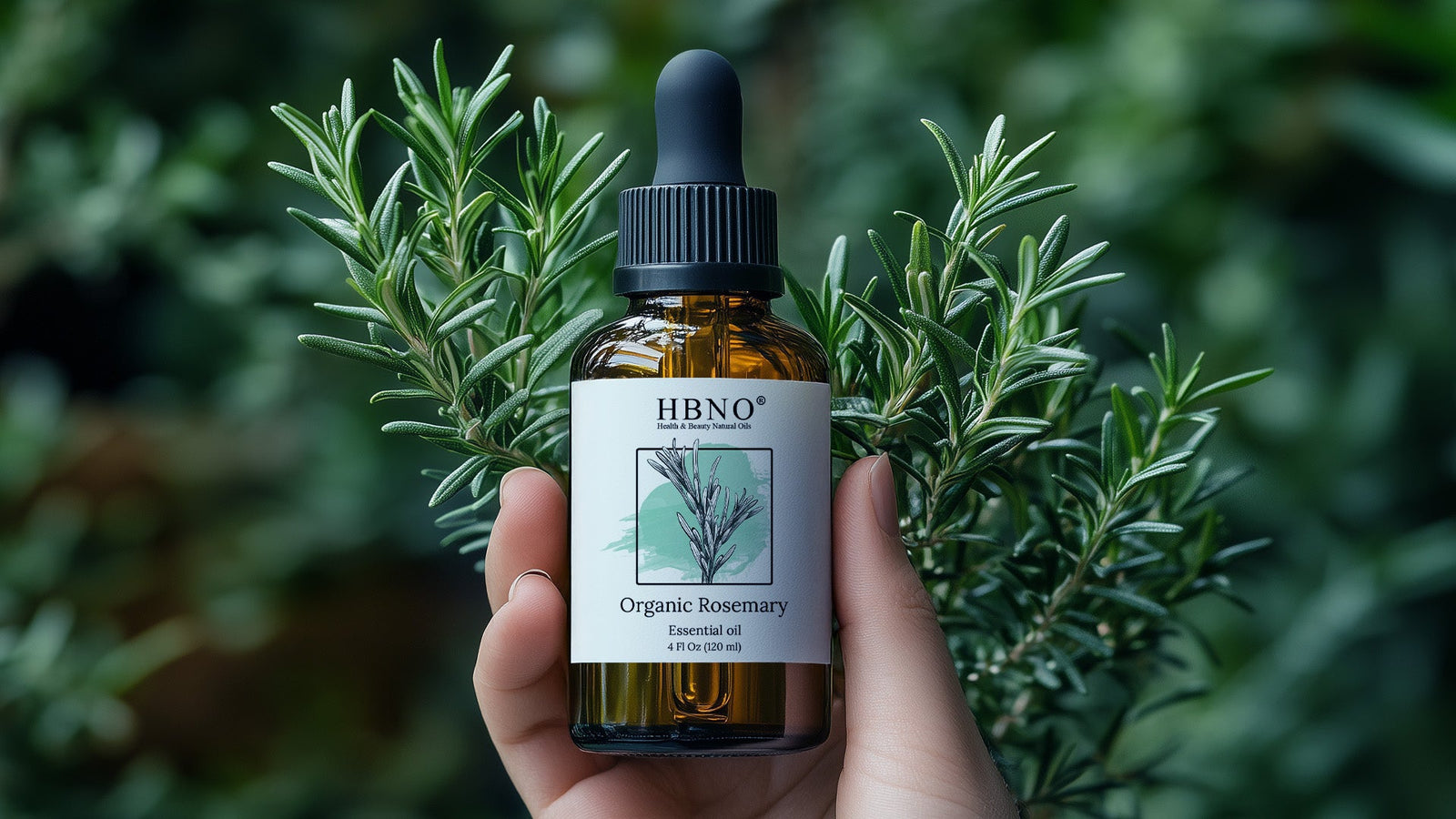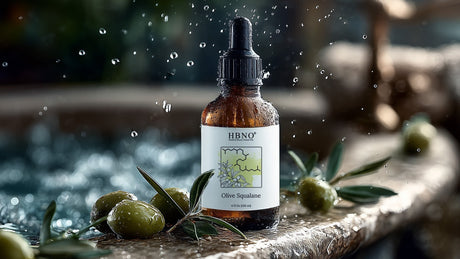Rosemary Essential Oil is widely cherished for its crisp, herbal aroma and its inclusion in a variety of home, beauty, and wellness products. Whether you're a DIY enthusiast or exploring natural alternatives for your projects, learning how to extract rosemary essential oil can be a valuable skill.
Rosemary (Rosmarinus officinalis) is a woody, evergreen herb native to the Mediterranean region. Its aromatic leaves and flowering tops are used to obtain Rosemary Oil, which is highly concentrated and potent, making it ideal for use in scented candles, soaps, skincare products, and household cleaners.
Methods for Extracting Rosemary Essential Oil
There are a few primary methods for rosemary essential oil extraction. The two most common approaches are steam distillation and infusion.
1. Steam Distillation - The Standard Method for Essential Oil Extraction
Steam distillation is the most common and effective method when it comes to how to extract rosemary essential oil properly. This process captures the aromatic compounds in rosemary by using steam to vaporize the essential oil, which is then cooled and separated from water.
Equipment Needed:
-
Fresh rosemary sprigs (harvested when in full bloom)
-
Distillation apparatus (distillation flask, condenser, receiving container)
-
Heat source (stovetop or hot plate)
-
Filtered or distilled water
-
Separator (Florentine flask or glass funnel with collection container)
Steps:
-
Harvest and Prepare Rosemary:
Use freshly cut rosemary sprigs, preferably with flowers, and lightly crush them to help release the oils. -
Set Up the Distillation Equipment:
Add the rosemary to the distillation flask and pour in just enough water to submerge the plant material. -
Heat and Steam:
Heat the water slowly to produce steam. As the steam rises through the plant matter, it will carry volatile aromatic compounds with it. -
Condense and Collect:
The steam enters the condenser, where it cools and returns to liquid form. This condensed liquid-containing both water and essential oil-is collected in a receiving flask. -
Separate the Oil:
The oil and water will naturally separate over time. The essential oil floats on top and can be collected using a pipette or separator funnel.
This method yields a high-quality Rosemary Essential Oil that's suitable for a variety of uses. The leftover water (known as hydrosol) also carries a mild rosemary scent and can be used as a linen spray or plant mist.
2. Infused Rosemary Oil - A Simpler Alternative
If you don't have access to distillation equipment, you can make infused rosemary oil using dried rosemary and a carrier oil. This isn't a true essential oil but still offers the scent and some properties of rosemary for cosmetic and household uses.
What You'll Need:
-
Dried rosemary (fully dried to prevent mold)
-
Carrier oil (such as olive oil, sweet almond oil, or jojoba oil)
-
Glass jar with airtight lid
-
Cheesecloth or strainer
Instructions:
-
Combine Ingredients:
Fill a clean glass jar halfway with dried rosemary. Pour in the carrier oil until the rosemary is fully submerged. -
Infuse the Oil:
Seal the jar and place it in a warm, sunny location for 1 to 2 weeks. Shake the jar daily to help release the oils. -
Strain and Store:
Once infused, strain the oil through a cheesecloth into a clean, dark glass bottle. Store in a cool, dark place.
While not as potent or concentrated as steam-distilled rosemary essential oil, this infused oil works well for topical use or as a base for homemade body oils and balms.

Tips for Successful Rosemary Essential Oil Extraction
Whether you're steam-distilling or infusing, the following tips will help improve your results:
-
Use Fresh, Aromatic Plants:
For steam distillation, choose rosemary that's recently harvested and rich in natural oils. For infusion, make sure the rosemary is completely dry to avoid spoilage. -
Clean Equipment:
Use sanitized containers and utensils to maintain oil purity and prevent contamination. -
Store Properly:
Always store rosemary oil in dark, airtight glass bottles to protect it from sunlight and extend its shelf life. -
Label Your Oils:
Keep track of production dates and batch notes. This is especially useful if you plan to share or sell your rosemary oil. -
Test in Small Quantities First:
If you're experimenting with different carrier oils or extraction durations, begin with small amounts until you find the method that works best for your goals.
Common Uses for Homemade Rosemary Oil
Once you've successfully completed your rosemary essential oil extraction, you can use your finished product in many ways:
1. Home Fragrance:
Add a few drops to a diffuser to fill your space with the herbaceous scent of rosemary.
2. DIY Skincare Products:
Blend rosemary oil with carrier oils for use in creams, salves, and serums.
3. Hair Care Blends:
Infused or essential rosemary oil can be added to shampoos or scalp massages to provide a fresh scent and enhance your haircare routine. Many people turn to rosemary oil recipes for hair growth as a natural way to support healthier, stronger hair.
4. Household Cleaners:
Combine rosemary essential oil with vinegar or castile soap for a naturally fragrant surface cleaner.
5. Craft Projects:
Use rosemary oil to scent handmade soaps, candles, or bath salts.
Final Thoughts
Learning how to extract rosemary essential oil properly opens up endless creative possibilities. Whether you choose steam distillation for a pure, concentrated product or opt for a simpler infused oil, both methods allow you to capture the crisp, green essence of rosemary. By following proper rosemary essential oil extraction techniques and using quality materials-such as sourcing from trusted suppliers like HBNO bulk-you can create an aromatic product that's suitable for a wide range of applications.patience and care, you'll be able to enjoy the rewards of your homemade rosemary oil again and again.
Partner with the Private Label Manufacturers known for exceptional quality and customization.




